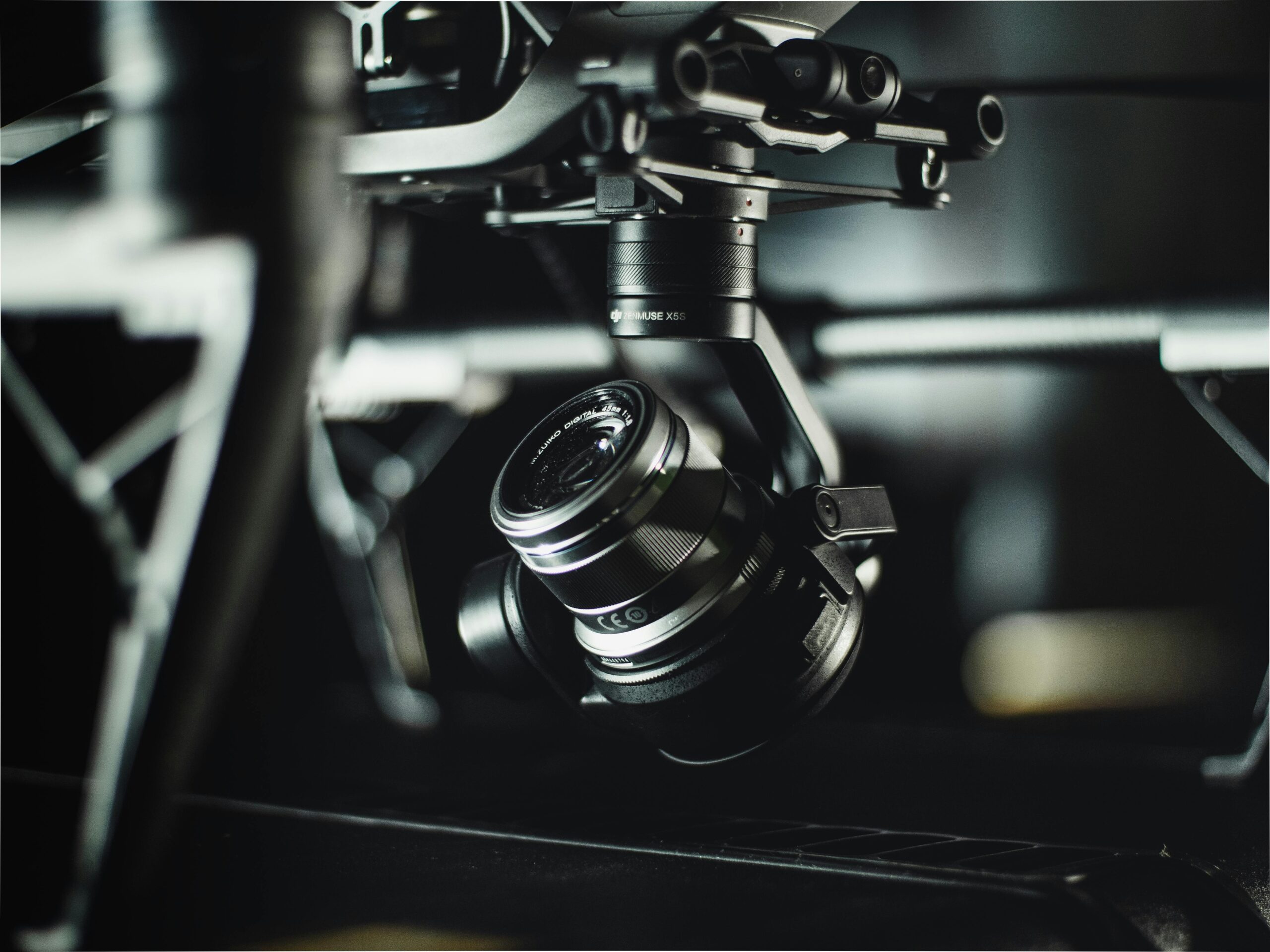Contents
- 1 Sky’s the Limit: The Best and Unique Business Ideas Involving Drones
- 2 Intro
- 3 The Best Business Ideas with Drones for Aerial Photography and Videography Services
- 4 Drone-Based Delivery Systems
- 5 Agricultural Monitoring and Management
- 6 Infrastructure Inspection and Maintenance
- 7 What is the Most Profitable Drone Business?
- 8 What Businessman Uses These Flying Machines?
- 9 How to Start a Successful Drone Business?
Sky’s the Limit: The Best and Unique Business Ideas Involving Drones
Intro
In recent years, drones have become increasingly popular and their uses have expanded far beyond just aerial photography and videography. These unmanned aerial vehicles (UAVs) are now being utilized in a variety of industries and businesses, making them one of the most versatile and innovative tools of the modern age. From agriculture to construction, from delivery services to disaster relief, the possibilities seem endless. In this blog post, we will explore some of the best and unique business ideas involving drones. So buckle up and get ready to discover how these flying machines are revolutionizing the way we work and do business. Whether you’re an entrepreneur looking for new opportunities or simply fascinated by the advancements in technology, this is the perfect place to find inspiration and learn about the potential of drones. So without further ado, let’s see how the best business ideas with drones are taking flight and reaching new heights.
The Best Business Ideas with Drones for Aerial Photography and Videography Services
Aerial photography and videography services represent one of the most dynamic and visually stunning uses of drones in the business world today. These services have revolutionized how we capture images and videos, offering perspectives that were once impossible or prohibitively expensive to achieve. Leading drone companies such as DJI, Parrot, and Autel Robotics are at the forefront, providing cutting-edge technology that enables breathtaking aerial shots for a variety of applications. Real estate marketing, cinematic productions, weddings, and event coverage have all benefited from the unique angles and vistas that drones provide. Moreover, the ability to quickly deploy and maneuver drones in various environments makes them ideal for capturing breaking news footage or conducting site surveys for construction projects. The quality of footage has seen remarkable improvements, with many drones now capable of shooting in 4K resolution, ensuring that the final product is not just captivating but also crystal clear. As the technology continues to evolve, the potential for creativity and innovation in aerial photography and videography services is boundless, making it an exciting area for entrepreneurs and artists alike to explore and expand their offerings.
Drone-Based Delivery Systems
Drone-based delivery systems are revolutionizing the logistics and delivery industry by offering faster, more efficient, and often more eco-friendly options for transporting goods. Companies like Zipline are pioneering in medical supply deliveries, especially in hard-to-reach areas, showcasing the life-saving potential of drone deliveries. Meanwhile, retail giants such as Amazon are testing drones to deliver packages directly to customers’ doorsteps with their Prime Air service, aiming to significantly cut down delivery times and reduce roadway congestion. Startups like SkyDrop (formerly Flirtey) and Wing (a subsidiary of Alphabet) are also making strides in food and small parcel delivery, indicating a broad spectrum of applications from urban to rural areas. The implementation of these systems promises to reshape the consumer experience, offering unprecedented convenience and speed. With regulatory bodies gradually updating airspace rules to accommodate these innovations, the sky’s truly the limit for drone-based delivery services. Entrepreneurs eyeing this space can leverage advancements in drone technology to carve out niche services, from delivering gourmet meals and pharmaceuticals to remote equipment repair kits, showcasing the diverse opportunities in the drone delivery sector.
Agricultural Monitoring and Management
Drones are transforming the agricultural industry by offering unprecedented efficiency and precision in monitoring and management tasks. For commercial use, one of the best drones in this sector is the DJI Agras series, which is specifically designed for agriculture. These drones are capable of performing a range of tasks, from aerial surveys of crops to the precise application of pesticides and fertilizers. With high-resolution cameras and sensors, they provide farmers with detailed insights into crop health, moisture levels, and pest infestations. This real-time data allows for informed decision-making and the implementation of precise agriculture practices, leading to increased crop yields and reduced waste. Furthermore, the ability to cover large areas quickly and navigate difficult terrains makes drones particularly useful for monitoring livestock and assessing pasture health. By integrating drone technology into agricultural operations, farmers can optimize their resources, improve sustainability, and enhance productivity, demonstrating the vital role drones play in modern farming practices. The innovation doesn’t stop here; ongoing advancements in drone technology continue to open new possibilities for agricultural monitoring and management, marking a significant leap forward for the industry.
Infrastructure Inspection and Maintenance
In the realm of infrastructure inspection and maintenance, drones are proving to be invaluable assets, offering a safer, faster, and more cost-effective solution than traditional methods. Starting a business in this domain could be highly lucrative, given the growing demand for regular inspections of critical structures such as bridges, roads, wind turbines, and solar panels. By employing drones equipped with high-resolution cameras and thermal imaging technology, entrepreneurs can offer detailed inspections that identify structural issues, corrosion, or damage without the need for human inspectors to be put in potentially hazardous situations. This not only increases safety but also significantly reduces the downtime of these structures during inspections. Additionally, drones can access hard-to-reach areas, providing comprehensive data that can be used for maintenance planning and assessment. For those looking to enter this market, the key to success lies in mastering the technology, understanding the specific regulatory requirements for operating drones in this capacity, and building strong relationships with government bodies and private sector companies in need of regular infrastructure maintenance services. This approach not only lays the foundation for a successful business in infrastructure inspection and maintenance but also contributes to the longevity and safety of our essential infrastructures.
What is the Most Profitable Drone Business?
The landscape of drone businesses is evolving rapidly, with technological advancements and regulatory changes shaping the industry’s future. Among the various sectors, aerial photography and videography continue to promise high profitability, particularly in real estate, construction, and agriculture. However, the emerging trend indicates a significant shift toward drone delivery services and surveillance as urban areas become more receptive to integrating drones into daily operations. Additionally, the use of drones in environmental monitoring and disaster management is expected to grow, fueled by an increasing emphasis on sustainability and emergency preparedness. Predictions for the most profitable drone business lean towards those offering specialized services, such as infrastructure inspection and agricultural analysis, which utilize drones equipped with advanced sensors and AI capabilities. As technology advances, the barrier to entry for these specialized services will lower, inviting more entrepreneurs into the space. Regulatory frameworks will also play a crucial role, as eased restrictions could open new avenues for drone applications, thereby increasing profitability. Ultimately, the businesses that adapt quickly to technological innovations and regulatory environments, while focusing on niche markets with high demand, are poised to reap the most significant profits in the future drone economy.
What Businessman Uses These Flying Machines?
In the evolving landscape of modern business, drones are revolutionizing the way insurance companies and professionals approach damage assessment. Traditionally, evaluating properties, especially after natural disasters or incidents, posed significant risks and required substantial time and resources. Today, drones offer a safer, quicker, and more cost-effective solution. Insurance companies increasingly rely on these flying machines to capture detailed aerial footage and photographs of affected areas. This capability allows for accurate, real-time assessments without the need for adjusters to physically access potentially dangerous sites. Moreover, the data collected by drones not only expedites claim processing but also enhances the accuracy of damage estimates, leading to fairer settlements for policyholders. This innovative use of drones demonstrates how technology is transforming industries by improving efficiency and effectiveness in critical business processes. The insurance sector’s adoption of drones for damage assessment underscores the significant benefits these tools bring to businesses committed to serving their clients promptly and efficiently, marking a pivotal shift towards more technologically integrated business operations.
How to Start a Successful Drone Business?
To elevate your drone business to the next level, consider diversifying your offerings and strategically increasing your operational capacity. Start by evaluating the market and identifying emerging trends or unmet needs within your niche. Whether it’s incorporating thermal imaging for agricultural insights or providing detailed 3D mapping services for construction, diversification can set you apart from competitors. As your services expand, scaling up becomes essential. This might mean investing in additional drones to handle more projects simultaneously or upgrading your technology to offer higher-quality outputs. However, scaling isn’t just about quantity; it’s also about enhancing your operational efficiency. Implementing advanced software for flight planning, data processing, and client communication can streamline your workflows, allowing you to manage more projects without compromising quality. Investing in your team’s skills through ongoing training and certification is equally important. As the industry evolves, staying ahead with the latest drone technology and regulations ensures your business remains competitive and compliant. Lastly, actively seek feedback from your clients to refine your services. Understanding their evolving needs can guide your expansion and help maintain strong client relationships, fostering growth through repeat business and referrals. Expanding your services and scaling up requires thoughtful planning, but by staying agile and customer-focused, your drone business can soar to new heights.


